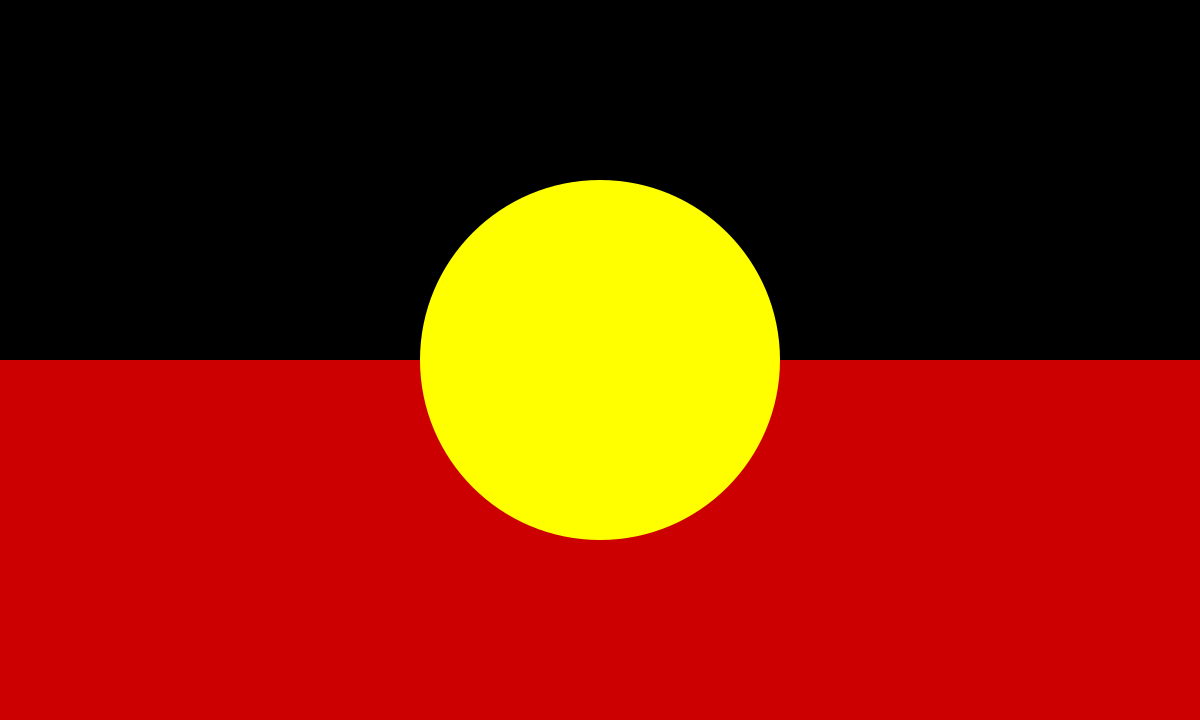Beijing for Dummies
For many, when they hear Beijing mentioned it conjures something entirely separate from the title of China’s capital. Beijing instead, has become something of a symbol. It has become a journey, a destination, a dream for athletes, and in essence it has become the Olympic Games.
The city itself has a rich history and story as fascinating as any athlete’s journey. It has been known by many different names and has overseen numerous rulers and dynasties, with some of the buildings and temples dating back to beyond the twelfth century.
Beijing is the second largest city in China after Shanghai and is home to over 17,500,000 people. The average climate during the Olympic Games (August) reaches an average top of 29 degrees with a minimum of only 20 degrees, meaning some warm nights for athletes and fans alike.
The name Beijing in translation means northern capital, which bears no further meaning than its geographic location. During the Jin Dynasty, Beijing was known as Zhongdu and then later under the Mongolian Yuan Dynasty it was named Dadu in Chinese and Khanbaliq in Mongolian.
The official flowers of Beijing are the chrysanthemum and the Chinese rose, the city is considered to be the bicycle capital of the world and has many parking lots dedicated solely to bikes.
Contrary to television advertisements The Great Wall of China was not built to keep rabbits out under the orders of Emperor “Nasi Goreng”, but to protect China from the advances of Mongolian soldiers. The Great Wall stretches along the northern part of Beijing Municipality, which is the greatest tourist attraction for the visitors coming to the city. Another attraction in the city is the ‘Forbidden City’, which is centrally located in Beijing. It is the ancient imperial palace of the emperors of China and is famed to be the world’s largest surviving palace complex.
One of the major talking points regarding Beijing has been the debate over air pollution and the threat it poses to athletes and tourists. Air pollution levels on an average day in Beijing are nearly five times above World Health Organization standards for safety. It is believed that China’s use of coal is the major cause, with coal being the main supply of energy to the country. City officials have promised to reduce its motor traffic by half during the Games with a view to improving air quality, and in February 2008, the Chinese government announced that it would close 144 gas stations in Beijing, which amounts to approximately 10% of the problem in the city, to improve air quality in preparation for the Olympics. It is estimated that China has already spent $17 Billion US in an attempt to eradicate the pollution problem.
Beijing is also the major transportation hub of China with dozens of railways, roads and motorways passing through the city. It is also the focal point of many international flights to China, a facility that will be well practised come the opening ceremony of the 2008 Games.
Brush up on your Mandarin with our five phrases for Beijing:
熟能生巧 Shu Neng Sheng Qiao: Skills come from Practice; Practice makes perfect.
Shu = many practices, neng = can, sheng = make, qiao = skills
众志成城 Zhong Zhi Cheng Cheng: wills unite like a fortress, Our united will is stronger than a fortress.
Zhong = many people, zhi = wills, cheng = form, cheng = fortress
我尽力了 Wo jin li le: I did the best I could
Wo = I, jin = use up, li = energy and strength, le = only for grammatical rules which means something happened
万无一失:Wan wu yi shi: No danger of anything going wrong.
Wan = ten thousand, wu = without, no, yi = one, shi = error, loss
坐井观天:Zuo jing guan tian: To look at the sky from the bottom of a well
Zuo = to sit, jing = well, guan = watch, tian = sky

